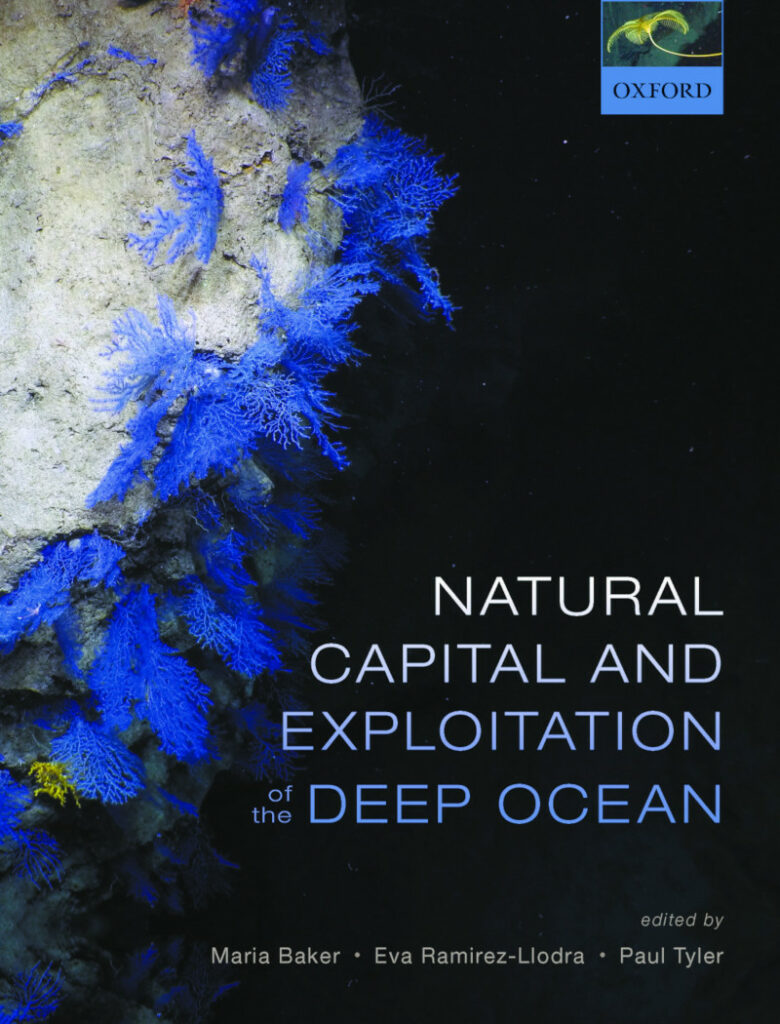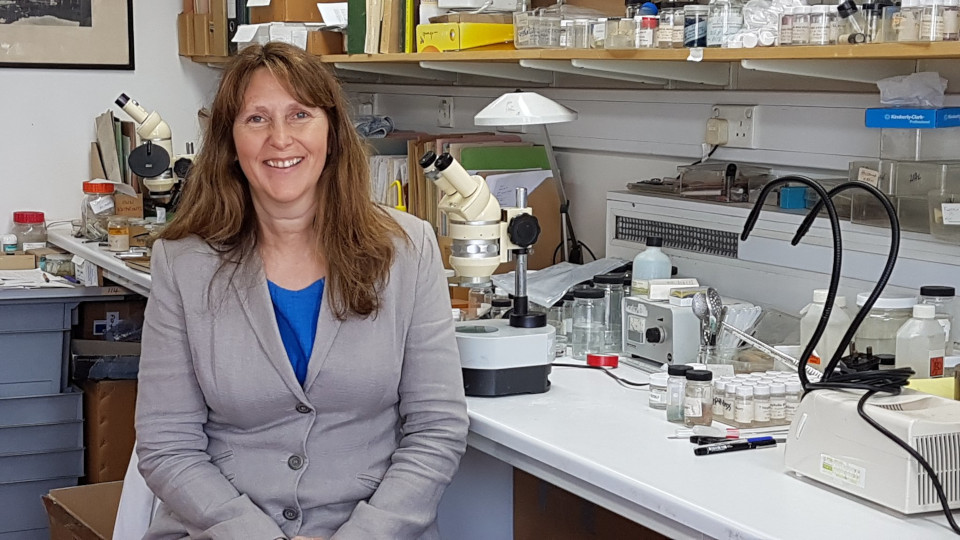Natural Capital and Exploitation of the Deep Ocean

The deep ocean is by far the planet’s largest biome and holds a wealth of potential natural assets, both within and beyond national jurisdiction. Human exploitation of the deep ocean is rapidly increasing whilst becoming more visible to many through the popular media, particularly film and television. The scientific literature of deep-sea exploitation and its effects has also rapidly expanded as a direct function of this increased national and global interest in exploitation of deep-sea resources, both biological (e.g. fisheries, genetic resources) and non-biological (e.g. minerals, oil, gas, methane hydrate). At the same time there is a growing interest in deep-sea contamination (including plastics), with many such studies featured in high profile scientific journals and covered by global media outlets.

Natural Capital and Exploitation of the Deep Ocean is a timely and comprehensive integration of information, providing a concise and accessible work which provides an understanding of the relationships between biodiversity and ecosystem functioning, both at the seafloor and in the water column, and how these might be affected as a result of human interaction, exploitation and, ultimately, environmental change. The book follows a logical progression from geological and physical processes, ecology, biology, and biogeography, to exploitation, management, and conservation.
Natural Capital and Exploitation of the Deep Ocean is aimed at marine biologists and ecologists, oceanographers, fisheries scientists and managers, fish biologists, environmental scientists, and conservation biologists. It will also be of relevance and use to a multi-disciplinary audience of fish and wildlife agencies, NGOs, and government departments involved in deep-sea conservation and management. Advances in capacity development, sharing of new technologies and collaboration across all nations will vastly improve our knowledge of the deep ocean, the riches therein, and the ecosystem vulnerabilities.
Maria Baker is a member of RP4 of the One Ocean Hub. She is co-lead for the international Deep-Ocean Stewardship Initiative (DOSI) and the International Network for scientific investigation of DEEP-sea ecosystems (INDEEP). The overarching aim of these two programmes is to ensure the latest global deep-sea science informs national and international policy process in a way that is unique and essential at this critical time for the future of ocean biodiversity. Both of these programmes work hard to improve communications at all levels and among different bodies in order to enhance capacity development and technology transfer in all nations, especially those with deep-sea resources in their national waters. Such a holistic vision will help towards securing a healthy future for our deep-ocean ecosystems and their long-term natural capital, a vision shared by the One Ocean Hub RP4.
